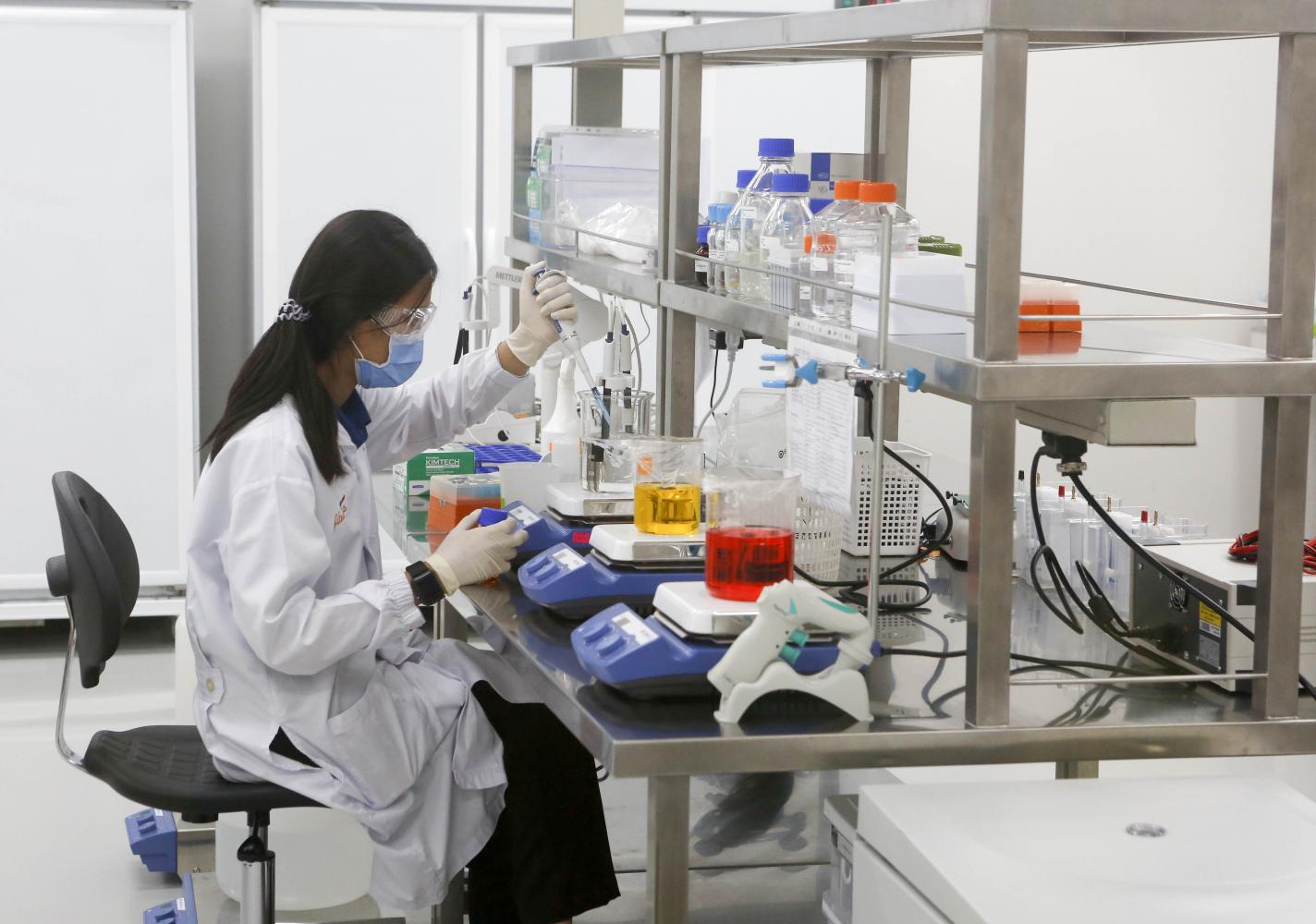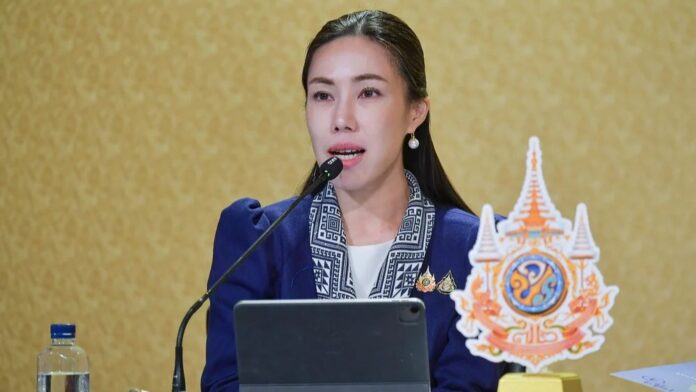
The arrival of a Covid-19 vaccine would not mean an end to the virus prevention protocols the public has been told to abide by, and people would still be required to wear masks, wash their hands, and practise social distancing, says the country's head of disease control.
"News of a Covid-19 vaccine n hopes of an economic recovery but that does not mean that restrictions will be lifted immediately," Opas Karnkawinpong, director-general of the Department of Disease Control (DDC), told the Bangkok Post in a special interview.
The DDC under the Ministry of Public Health is overseeing the Covid-19 vaccine campaign due to begin next month.
"The challenge posed by Covid-19 is new and we have no playbook for it. No one knows whether these vaccines will work or how long the immunity will last. It is a learning process and scientists around the world can only watch and learn at the moment.
"Until the ministry is convinced the vaccination is effective and safe, restrictions will remain. And even after that, the easing will be gradual," he said.
"The government must innoculate more than 50% of the population then assess whether herd immunity kicks in," he said.
Dr Opas said the government will provide free jabs for all Thais. "But there will be some groups that will receive the vaccine first and some who will receive it later based on various factors such as risk and level of participation as the Covid-19 vaccine need to be monitored," he said.
This massive vaccination drive will be the largest ever undertaken in Thailand.
The real challenge is not providing jabs to tens millions of people as soon as possible, although that too raises logistical concerns, but monitoring as many people afterwards to gather reliable data for scientists.
Each person will get two jabs, a month apart, Dr Opas said. The ministry must make sure that the message is clear: one shot is not enough.
The first shots will be available next month when the first 200,000 of two million doses ordered from China arrive.
The government yesterday announced that 1.6 million doses of vaccine from China would be used right away, with front-line health workers in high-risk provinces such as Samut Sakhon, Rayong and Chon Buri, as well border patrol personnel, first in line.
A number of vulnerable people will also get early access to the vaccine.
However, Dr Opas said a national programme won't begin until May when 26 million doses of vaccines purchased from AstraZeneca's collaboration with Oxford University arrive.
Negotiations are at an advanced level for another 35 million doses to be shipped in soon after.
The government is also devoting resources to domestic production after AstraZeneca agreed a deal with the government to produce and sell it at an affordable cost ($5, or 150 baht) to other Asean countries.
Also careful not to talk up the vaccine as a panacea was Dr Nakorn Premsri, director of the National Vaccine Institute.
"No vaccine is 100% effective. The influenza vaccine, for example, is only around 50% preventative. So we can expect this [Covid-19] vaccine only to reduce fatalities and relieve the symptoms. People must still take reasonable precautions," he said.
"It won't be until two years after most people are vaccinated that Covid-19 can no longer be considered an epidemic," Dr Nakorn warned.
When asked what proportion of Thais need to be vaccinated before the borders can reopen fully, the doctor advised that 70% should be the target in busy towns and tourist areas to be safe.
Fellow disease fighter Nadhavathna Krishnamra, director-general of the Department of International Organizations, Ministry of Foreign Affairs, said international health standards advise that 50% should be the bare minimum, with a three-month observation window afterwards.
Deputy Minister of Public Health Sathit Pitutecha, meanwhile, said he hoped the jabs herald the beginning of a more relaxed approach to foreign entry, particularly if more attractive quarantine facilities, such as golf courses, spa resorts and nature retreats, can be used.
However, most experts said it would be two years at least before revenue returns to pre-pandemic levels.



















